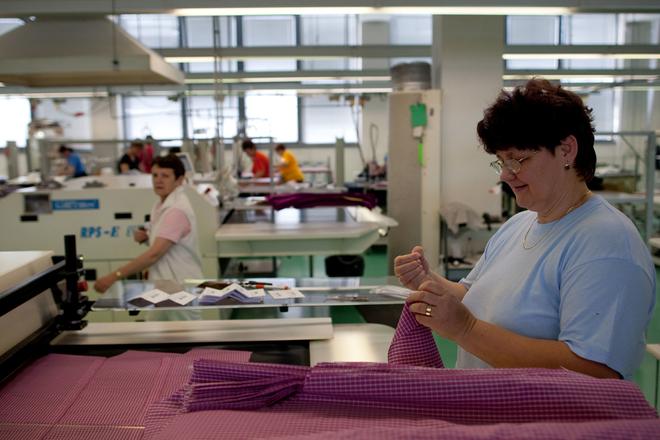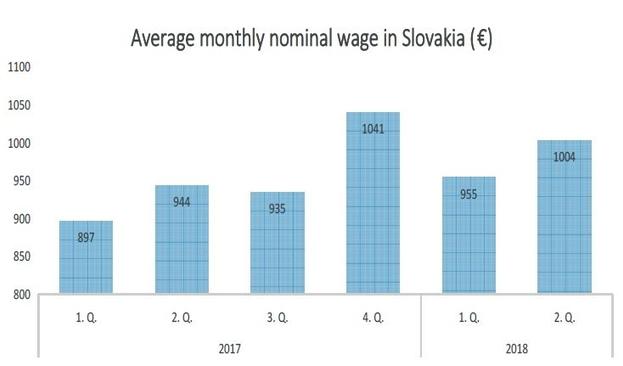While the average wage depends on economic development, the state has an impact on the minimum wage, which is decided upon by a tripartite, consisting of employers, trade unionists and public prosecutors.
If the tripartite does not agree on the wage level for a given year, the decision is made by the government alone. This has become a trend in recent years.
Minimum wage negotiations for 2019 led to a disagreement between trade unionists, who wanted to increase it to €635 per month, or €3.649 per hour, and the National Union of Employers, who proposed increasing minimum wage to €502 per month, or €2.885 per hour. Later, the Labour Ministry submitted a draft to increase the minimum wage for 2019 to €520 per month, or €2.989 per hour, the Etrend.sk website reported.
This €40 increase would lead to a year-on-year increase of 8.33 percent. After tax, the employee earns €430.35, or a 6.74-percent higher net wage.
Lower limit impacts
Minimum wage impacts the population and firms differently, especially during the economic expansion currently taking place in Slovakia.



 Minimum wage also impacts surcharges for night and weekend work. (source: Sme)
Minimum wage also impacts surcharges for night and weekend work. (source: Sme)
 (source: Statistics Office)
(source: Statistics Office)